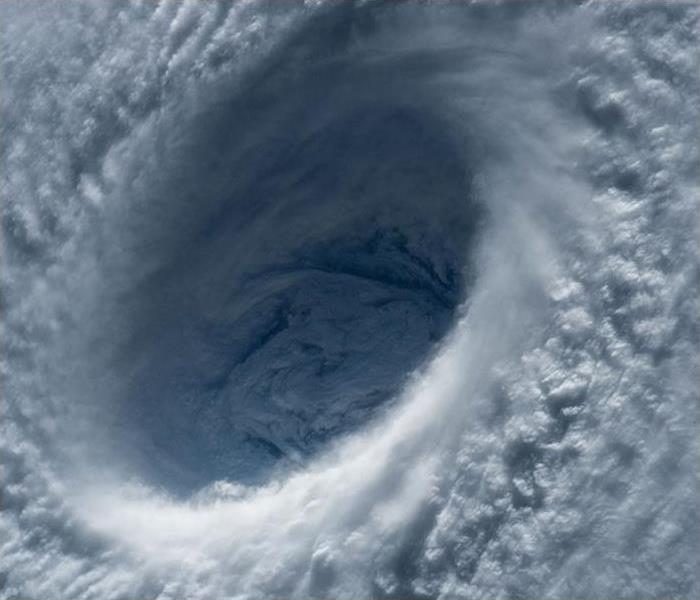Hurricane Safety
8/6/2019 (Permalink)
Here in Washington state we don't have a lot of experience with hurricanes. But it is still wise to be informed in case you are traveling in hurricane prone areas during hurricane season. Hurricane season has already begun and storms have been common the Atlantic, Carribean or Gulf of Mexico. For the Atlantic, the season begins June 1 and runs through November 30. On average, there are 12 tropical storms that develop, with an average of six becoming hurricanes, according to the National Weather Service.
Hurricanes can be life-threatening as well as cause serious property damage. The National Weather Service lists the following as potential “hurricane hazards.”
- Storm surge is the abnormal rise of water generated by a storm’s winds. This hazard is historically the leading cause of hurricane related deaths in the United States. Storm surge and large battering waves can result in large loss of life and cause massive destruction along the coast. Storm surge can travel several miles inland, especially along bays, rivers and estuaries.
- Flooding from heavy rains is the second leading cause of fatalities from landfalling tropical cyclones. Widespread torrential rains associated with these storms often cause flooding hundreds of miles inland. This flooding can persist for several days after a storm has dissipated.
- Winds from a hurricane can destroy buildings and manufactured homes. Signs, roofing material and other items left outside can become flying missiles during hurricanes.
• Tornadoes can accompany landfalling tropical cyclones. These tornadoes typically occur in rain bands well away from the center of the storm. - Dangerous waves produced by a tropical cyclone’s strong winds can pose a significant hazard to coastal residents and mariners. These waves can cause deadly rip currents, significant beach erosion and damage to structures along the coastline, even when the storm is more than a 1,000 miles offshore.
Preparation is the best protection against the dangers of a hurricane. When traveling or on vacation during hurricane season be aware of developing storms. Pay attention to weather reports and the news and have an evacuation plan in case of an emergency.
Source: noaa.gov






 24/7 Emergency Service
24/7 Emergency Service
